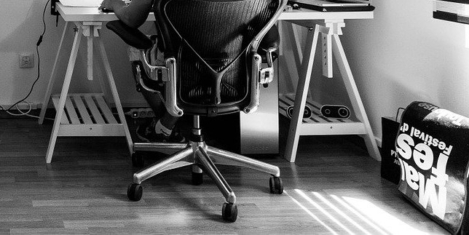To provide the best experiences, we use technologies like cookies to store and/or access device information. Consenting to these technologies will allow us to process data such as browsing behaviour or unique IDs on this site. Not consenting or withdrawing consent, may adversely affect certain features and functions.
The technical storage or access is strictly necessary for the legitimate purpose of enabling the use of a specific service explicitly requested by the subscriber or user, or for the sole purpose of carrying out the transmission of a communication over an electronic communications network.
The technical storage or access is necessary for the legitimate purpose of storing preferences that are not requested by the subscriber or user.
The technical storage or access that is used exclusively for statistical purposes.
The technical storage or access that is used exclusively for anonymous statistical purposes. Without a subpoena, voluntary compliance on the part of your Internet Service Provider, or additional records from a third party, information stored or retrieved for this purpose alone cannot usually be used to identify you.
The technical storage or access is required to create user profiles to send advertising, or to track the user on a website or across several websites for similar marketing purposes.
 A new survey by CASS Business School, IESE Business School and HR Service Provider SD Worx claims that two thirds (65 percent) of British employees are working remotely during the lockdown. Almost half (47 percent) of the new batch of remote workers had never worked remotely before the COVID-19 crisis. The research focussed on salaried white-collar workers and covered six countries: Belgium, Germany, France, the Netherlands, Spain and the UK. (more…)
A new survey by CASS Business School, IESE Business School and HR Service Provider SD Worx claims that two thirds (65 percent) of British employees are working remotely during the lockdown. Almost half (47 percent) of the new batch of remote workers had never worked remotely before the COVID-19 crisis. The research focussed on salaried white-collar workers and covered six countries: Belgium, Germany, France, the Netherlands, Spain and the UK. (more…)




































June 4, 2020
Right, said Fred. Here I am again
by Mark Eltringham • Comment, Technology, Wellbeing